When will Falkirk be back playing?
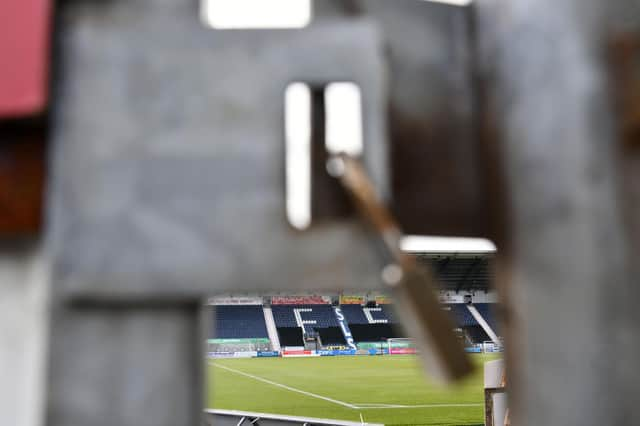

The Scottish Premiership is already looking at a kick-off in August, but lower leagues in Scotland are not yet able to have their suspensions lifted.
Early talk was of a resumption at the turn of the year, though this week October has been suggested as a possible starting point for the SPFL Championship and Leagues One and Two, but without crowds and a whole lot of criteria to be fulfilled by clubs in order to get going again.
LEAGUE SET-UP
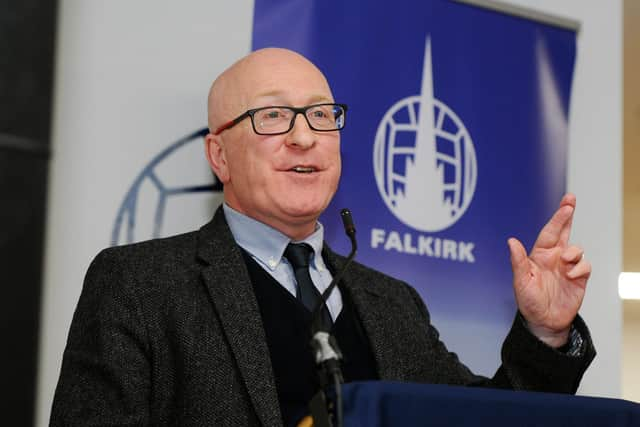

Advertisement
Hide AdAdvertisement
Hide AdStill we don’t know how the leagues will be formed next year as re-construction talks continue. Ann Budge has suggested a 14-14-14 proposal for next season which would see Hearts remain in their division placings, and Falkirk move into the second tier. Cove Rangers would be denied promotion from the bottom rung of the ladder… but they would still be two promotions off the top flight – the same as what they’d be in League One as they currently stand.
If this idea falls, 14-10-10-10 may also be revisited, with no relegation and creating space for Kelty Hearts and Brora Rangers.
The £10m liability of Sky Sports for the previous unfinished season and the new TV deal has been thrashed out leaving one potential risk, and barrier to reconstituting the national game, to the side which opens up more possibility, or at least less risk, in re-drawing the ladder.
However it’s not just the make-up of the leagues that is in question, it’s also the participation. The structures above are predicated on 42 clubs being able to play, plus the two promoted clubs into the SPFL ranks proper.
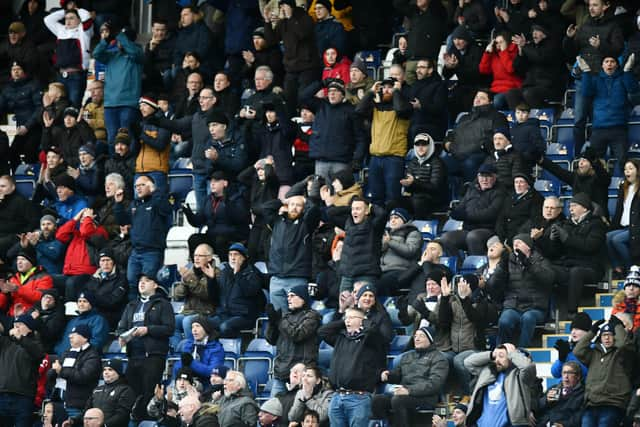

Advertisement
Hide AdAdvertisement
Hide AdNext year’s season will face unprecedented costs on infrastructure. Clubs may be offered the choice to take a hibernation period for those who will be unable to survive with outgoings and little in terms of gate receipts, virtual or otherwise.
Regardless of the outlay though, Falkirk chairman Gary Deans has been insistent that the Bairns are ready to play – regardless of the league they’re in.
MONEY
Though the liability fear has eased by the new TV deal clubs will still be expecting to operate with little or no gate income – impossible for some and unsustainable in the medium-long term for many more.
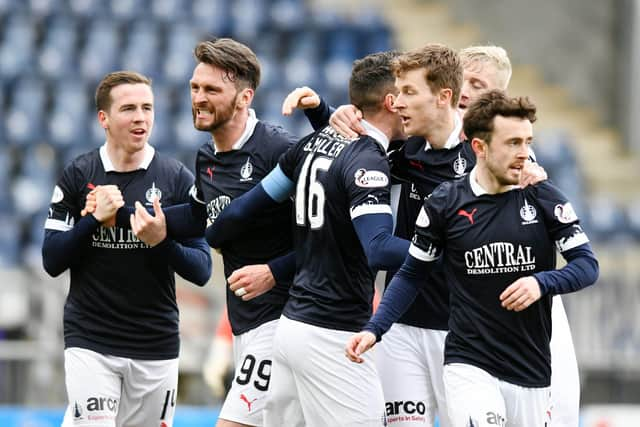

With no fans through the gates and spend on matchday sundries like food, programmes and raffle tickets clubs will see a one-way imbalance of cashflow out on wages, and running costs as well as the additional sums involved in the new medical procedures.
Advertisement
Hide AdAdvertisement
Hide AdTesting in England is required twice a week for all matchday staff and that’s likely to be mirrored in Scotland. At a rumoured minimum cost of around £50-£100 per test, a matchday squad of 16, plus a manager, assistant and physio works out at between £1900 and £4000- plus security and ground staff – per week. How long these tests will be required is still open-ended too.
Some clubs will simply be unable to afford such an outlay – with or without fan income – and affording them an option to hibernate for a season until financially viable for a return would suit some.
Input from the benefactor James Anderson could mitigate some of the costs involved in testing to allow teams to at least get together and prepare for the season – but at the suggested level, would it be enough to cover all costs involved?
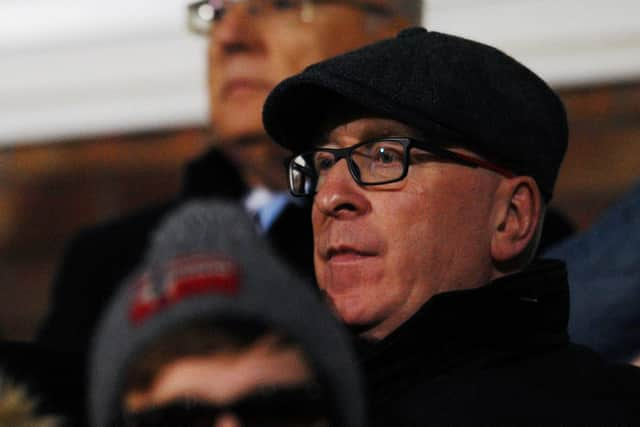

Then there’s virtual season tickets, enabling some clubs to sell renewals for some income in the top flight, even without bums on seats. But further down the league – is it a viable option or a deciding factor in a club being able to participate or not? It seems unlikely.
Advertisement
Hide AdAdvertisement
Hide AdBefore that point clubs – like Falkirk – need to know what sort of season ticket they would be selling, virtual or live, a mixture and for which league and opposition?
PROTOCOLS
Players will be required to travel on their own to and from training, and matches. Team buses would be a thing of the past under the current policy for return, and public transport banned. That adds to players’ expenses and, potentially, encourages local players to turn out for teams closer to home.
Protocol also limits what players can do outside training or match-days in order to minimise their potential exposure to the virus.
It would also have an impact on part-time players who work during the day and train in evenings – with double exposure to other people. This is particularly significant in the lower leagues and would require fine tuning to establish whether part-time teams could not only afford to run, but be able to build a squad under these conditions.
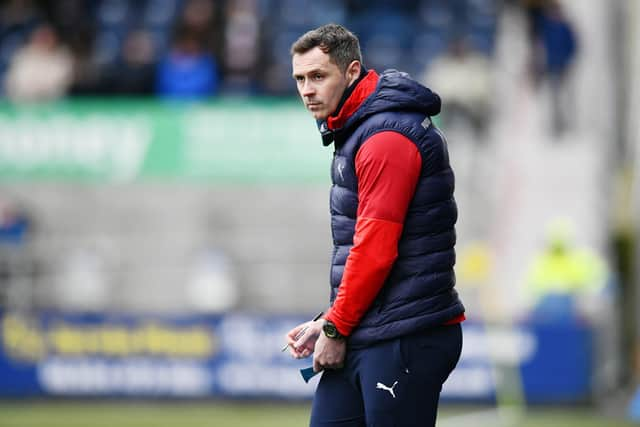

PRACTICALITIES
Advertisement
Hide AdAdvertisement
Hide AdAll these must be taken into consideration when planning for the restart.
Falkirk are understood to have the wherewithal and finances to begin playing – but how many others would?
First they’d need to know which league they’d be playing in, in order to begin preparing the playing squad. That is first and foremost and requires the league consensus.
They’d then need to get a playing squad formed to begin pre-season training at least six weeks before a league restart.
In a best case scenario, working backwards, that requires a training resumption in August, squad building in July and a league set-up and consensus this month.